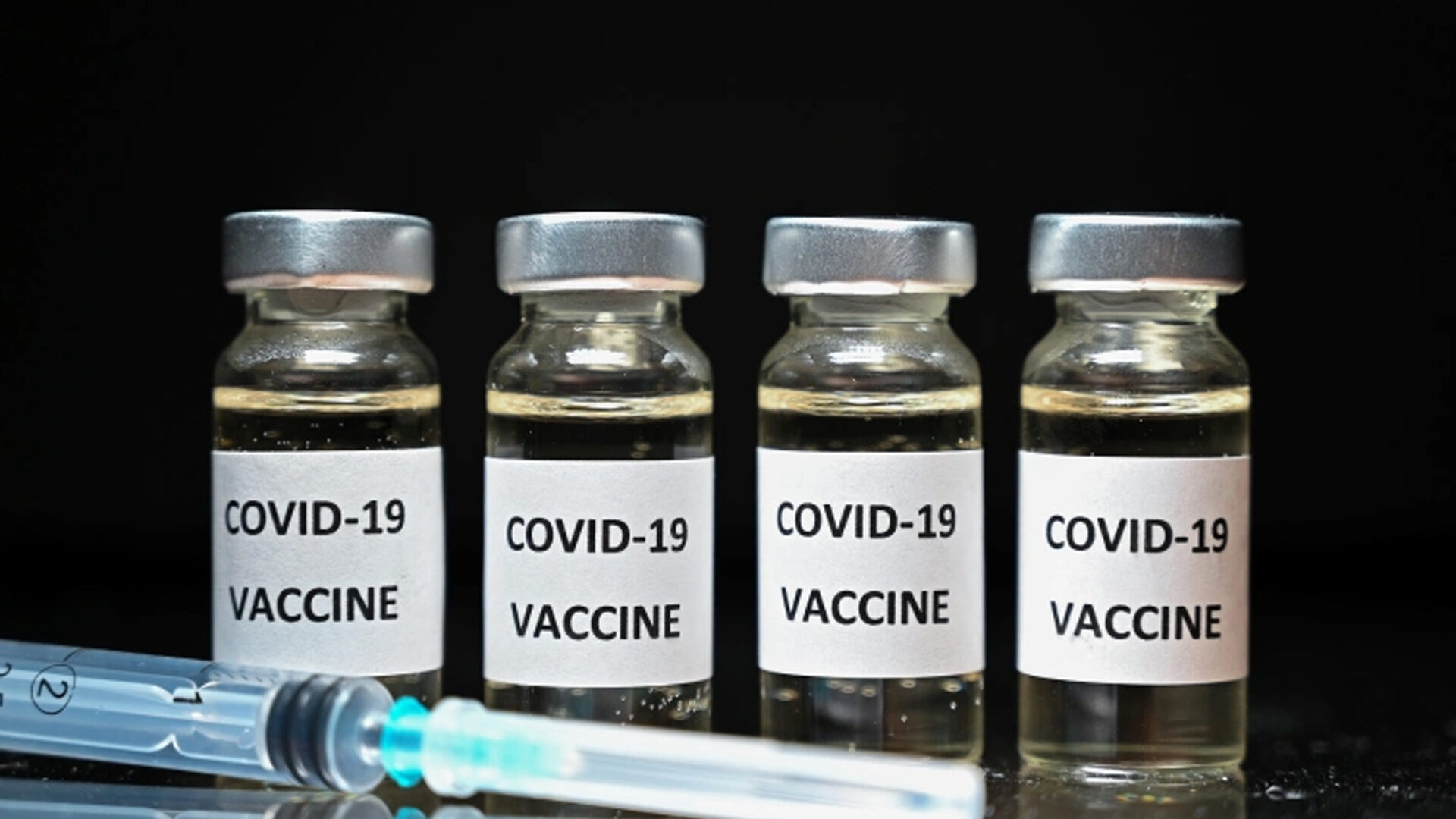THE HAGUE, Netherlands (AFP) — The European Union’s drug regulator is on Thursday expected to authorize the first Covid-19 vaccines for the Omicron variant, although they do not target the latest strains.
The adapted vaccines made by Pfizer/BioNTech and Moderna will be discussed during an extraordinary meeting of the European Medicines Agency.
“The aim of the meeting is to conclude the evaluation of the two applications, if possible,” the Amsterdam -based EMA said.
European nations have been keen to rush through the new generation of jabs so they can start booster campaigns ahead of a feared Covid surge this winter.
The two so-called “bivalent” vaccines protect against the earlier BA.1 strain of Omicron, as well as the original Covid virus that emerged in China in 2019.
They do not however target the newer and more infectious BA.4 and BA.5 types, which have emerged in recent months as the dominant strains worldwide.
The agency has said it hopes to approve a separate Pfizer vaccine adapted for the BA.4 and BA.5 types “in the fall.”
The United States authorized its first anti-Omicron vaccines on Wednesday, approving Pfizer and Moderna jabs that were adapted to tackle BA.4 and BA.5.
Britain authorized the Moderna vaccine for the BA.1 type in mid-August.
Wave of new cases
The 27-nation EU is currently still using the same coronavirus vaccines that were approved nearly two years ago for use against the original strain.
While they offer some protection against newer variants, the race has been on to produce jabs that also target the milder but more infectious Omicron strains.
While previous “variants of concern” like Alpha and Delta eventually petered out, Omicron and its sublineages have dominated throughout 2022.
The BA.4 and BA.5 types have in particular helped to drive a wave of new cases of the disease in Europe and the US in recent months.
Health authorities have therefore been keen to get updated vaccines as soon as possible ahead of a feared new wave of the disease later this year.
All Omicron variants tend to have a milder disease course as they settle less in the lungs and more in the upper nasal passages, causing symptoms like fever, tiredness and loss of smell.
